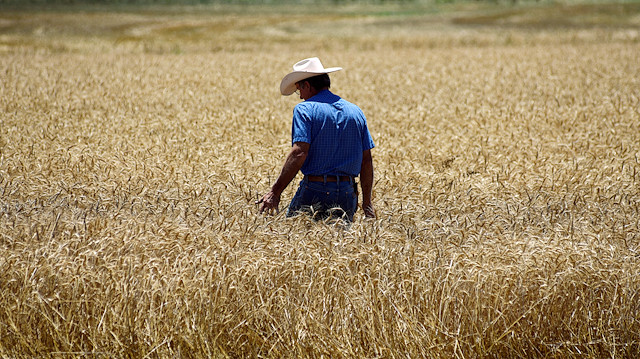
FORESTS
Land can be both a source and sink of carbon dioxide emissions, the main greenhouse gas blamed for global warming.
While forests can soak up heat-trapping gases from the atmosphere, desertification and deforestation can amplify warming due to the loss of vegetation cover and soil erosion.
Measures to cut emissions, such as the production of biofuels, biochar - made from biomass - as well as planting trees, will also increase demand for land conversion.
Reducing deforestation and forest degradation could result in a reduction of 0.4-5.8 gigatonnes of CO2 equivalent, the report said.
The Amazon, about 60 percent of which lies in Brazil, is the world's largest tropical rainforest but was not directly mentioned in the summary for policymakers.
The rainforest is sometimes called the "lungs of the world" because of the vast amounts of carbon dioxide its trees absorb.
Brazil's President Jair Bolsonaro has supported opening up protected areas of the Amazon to facilitate agriculture and mining since he took office in January.














